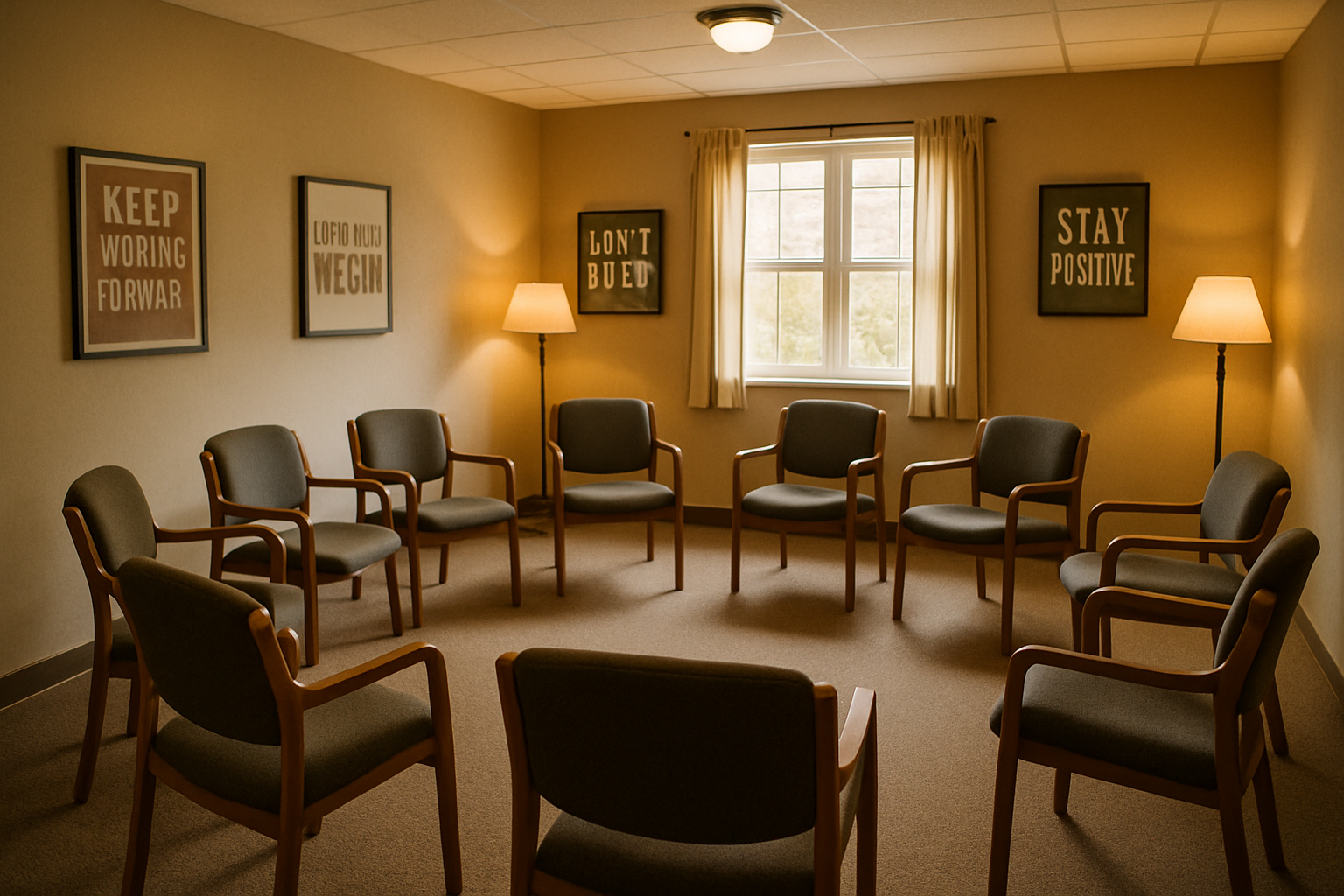Unlock Uplifting Local Depression Support Groups Secrets
Unlock the transformative potential of local depression support groups by exploring a variety of options that can offer you the emotional uplift and community connection you need—browse options to find the perfect fit for your journey.

The Importance of Local Depression Support Groups
Depression is a complex mental health condition that affects millions globally, and finding effective support is crucial for recovery and management. Local depression support groups offer a unique opportunity for individuals to connect with others who understand their struggles, providing a safe space to share experiences and coping strategies. These groups can significantly enhance the healing process by fostering a sense of belonging and reducing feelings of isolation.
Types of Depression Support Groups
Support groups come in various forms, catering to different needs and preferences. Some are led by mental health professionals, providing structured guidance and expertise, while others are peer-led, offering a more informal setting where members share and learn from each other’s experiences. Online support groups have also gained popularity, providing flexibility and accessibility for those unable to attend in-person meetings.
Benefits of Joining a Support Group
Participating in a support group can offer numerous benefits. Members often report improved mental health outcomes, such as reduced symptoms of depression and anxiety, increased self-esteem, and enhanced coping skills1. The shared experience of group members can foster empathy and understanding, creating a supportive network that encourages personal growth and resilience.
Cost and Accessibility
Many local depression support groups are free of charge or operate on a donation basis, making them accessible to individuals regardless of their financial situation. Some organizations may charge a nominal fee to cover administrative costs, but these are typically minimal2. For those seeking professional-led groups, fees may vary depending on the facilitator's qualifications and the structure of the program.
Finding the Right Group for You
When searching for a support group, consider your personal needs and preferences. Whether you seek a group focused on specific types of depression, such as postpartum or seasonal affective disorder, or one that aligns with your schedule and location, there are numerous resources available. Websites like the Depression and Bipolar Support Alliance and Mental Health America offer directories and search tools to help you find a suitable group34.
Real-Life Impact: Success Stories
Many individuals have found solace and strength through support groups. For example, a recent study highlighted that participants in peer-led support groups experienced significant improvements in their mental health and overall quality of life1. These groups not only provide emotional support but also empower members to take control of their mental health journey.
Explore Further Resources
If you're ready to take the first step towards joining a local depression support group, explore available options and resources to find the best fit for your needs. By visiting websites and following the options provided, you can connect with a community that understands and supports your journey towards mental wellness.